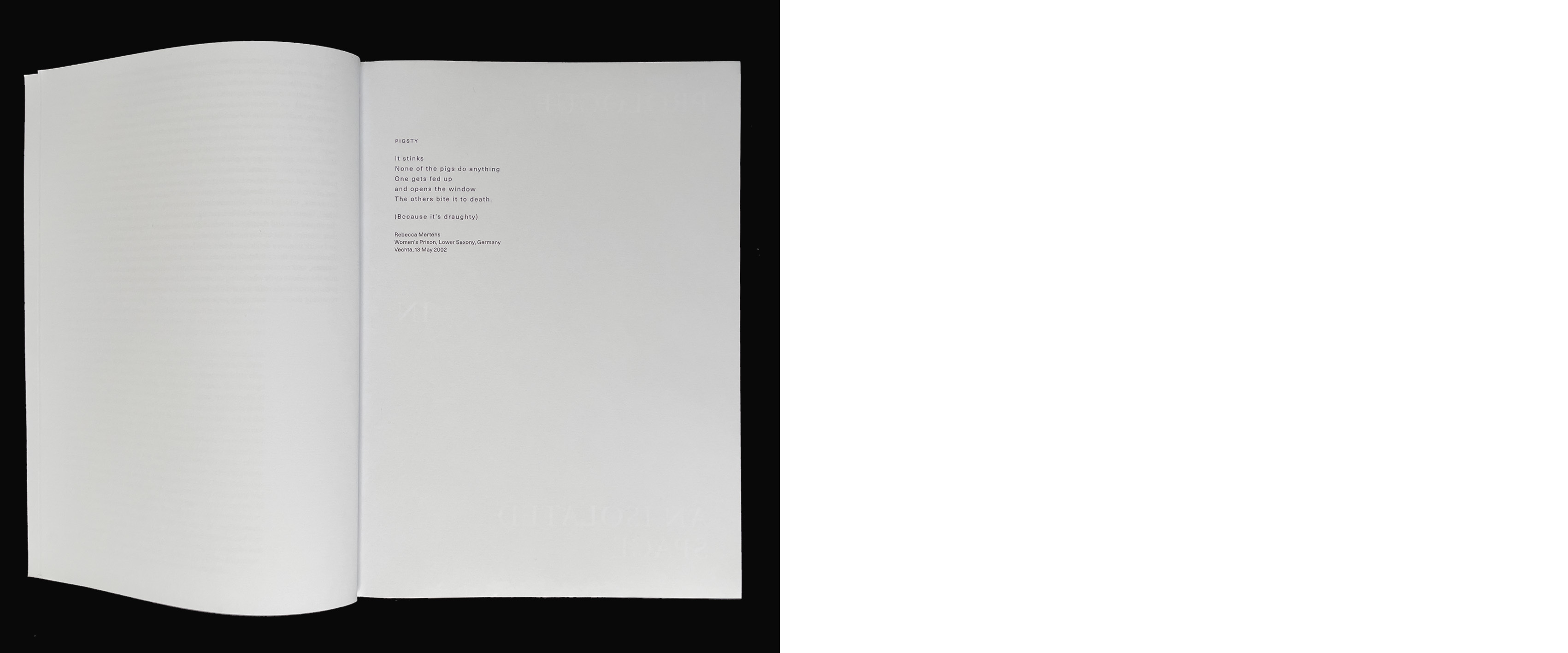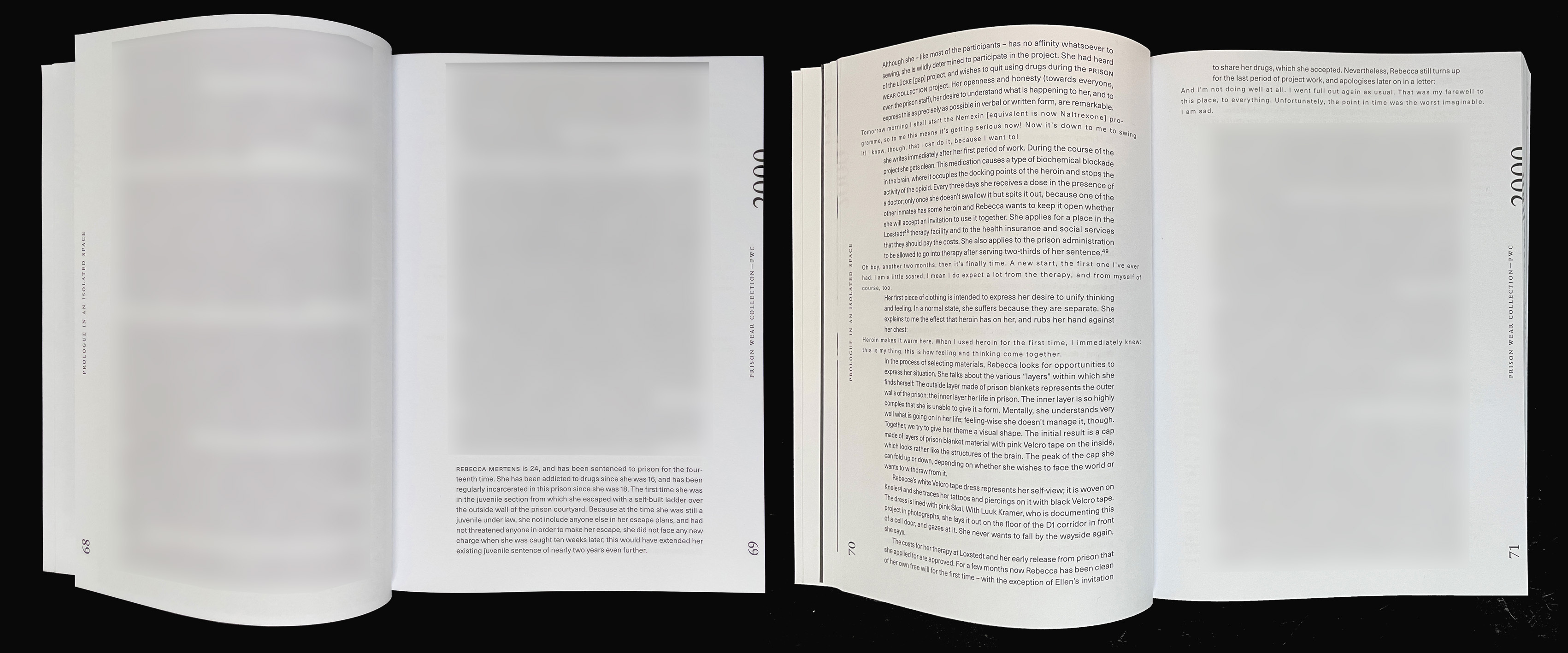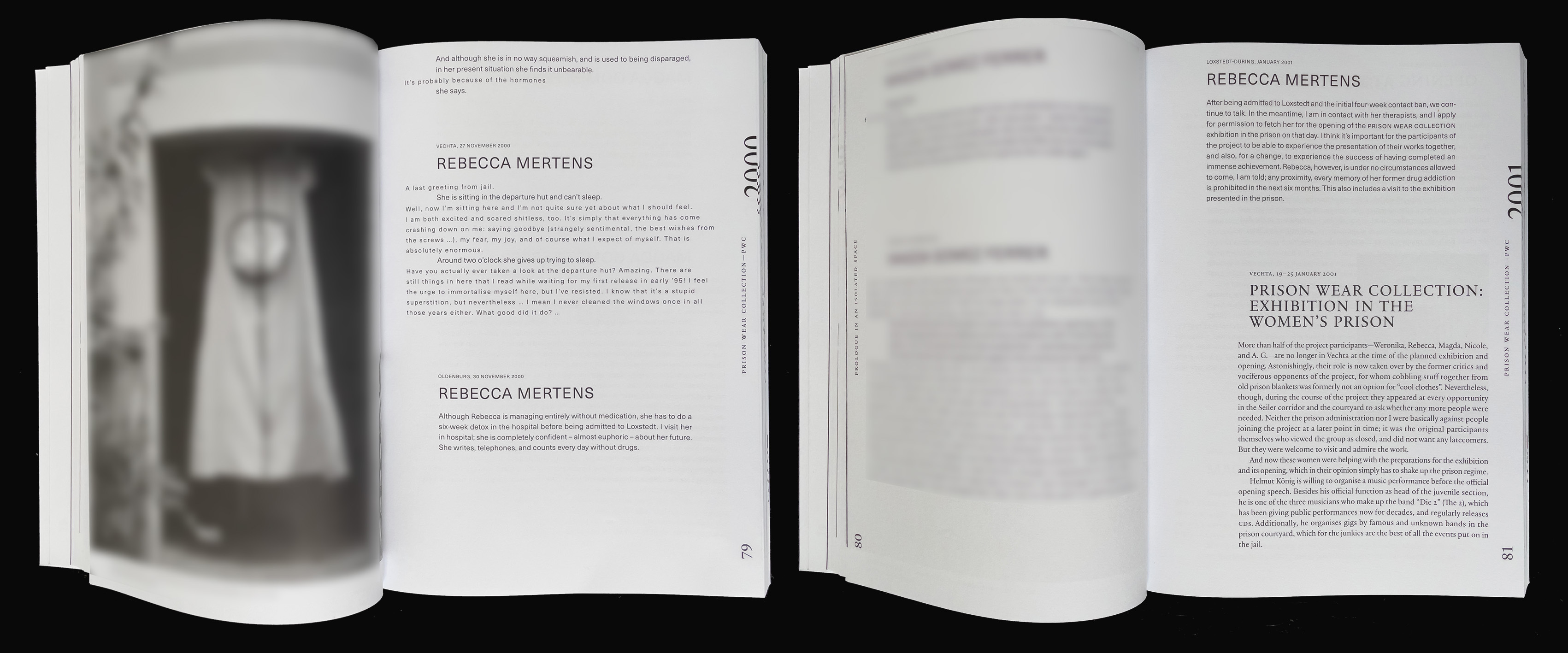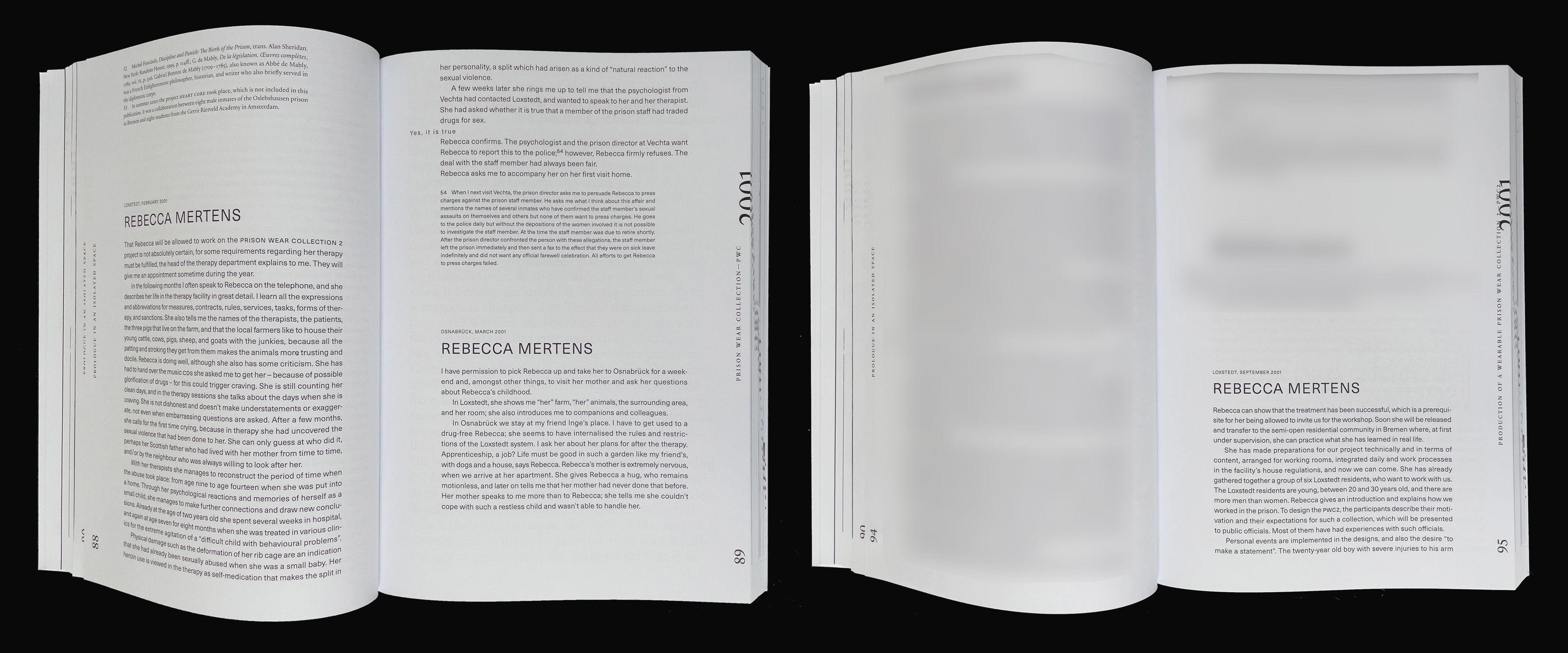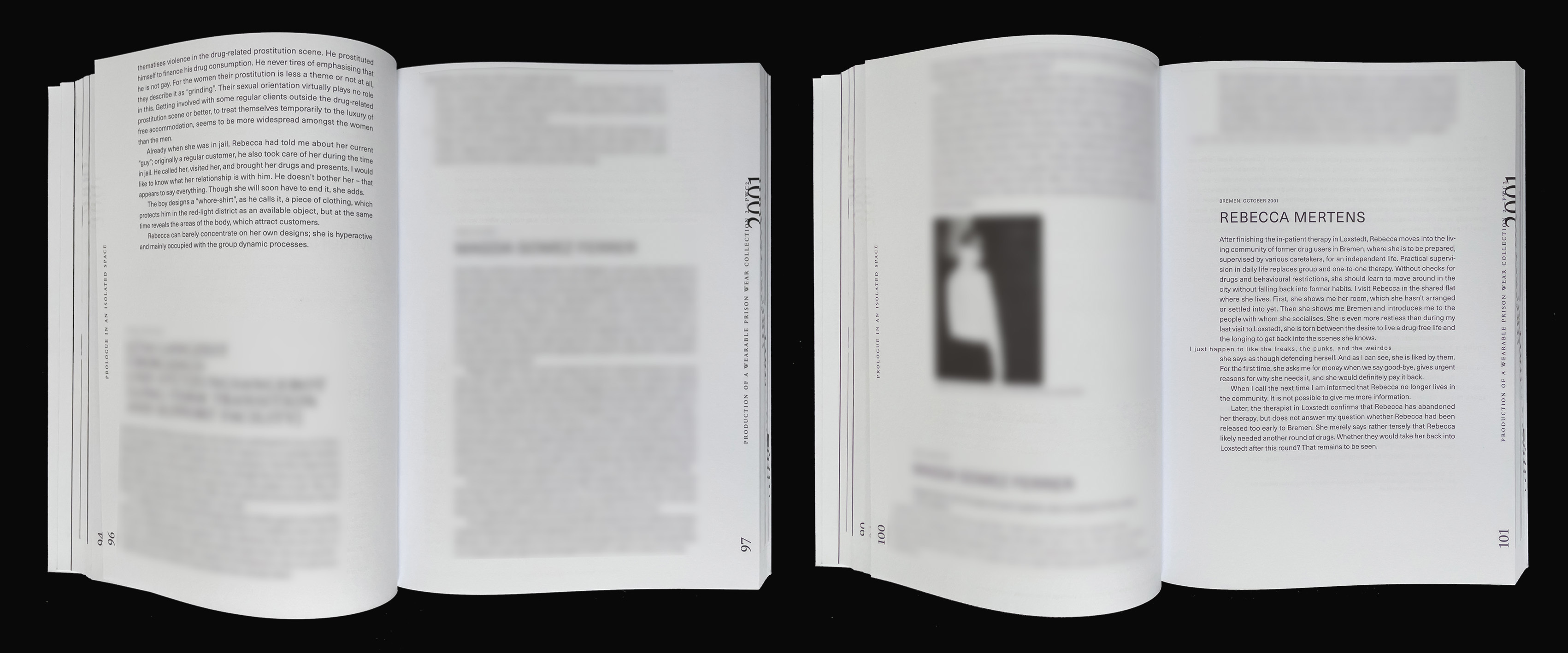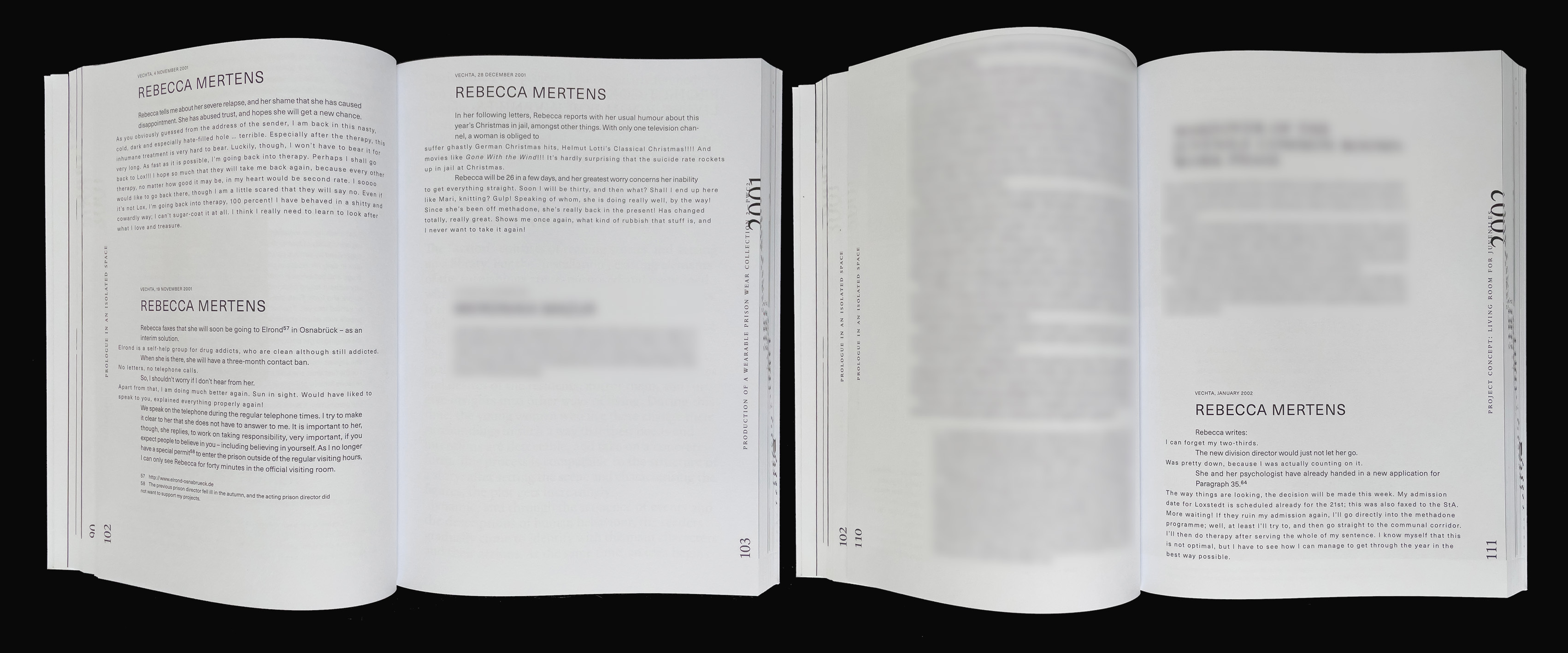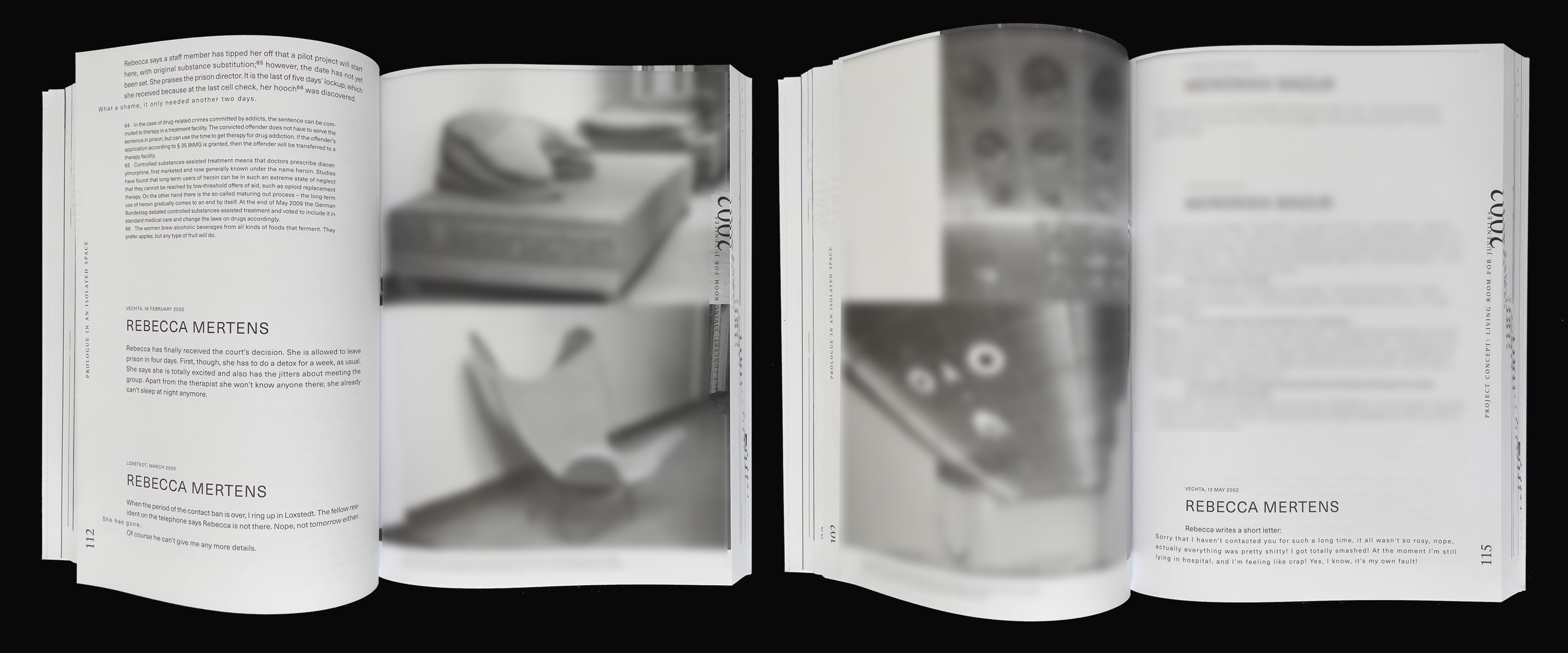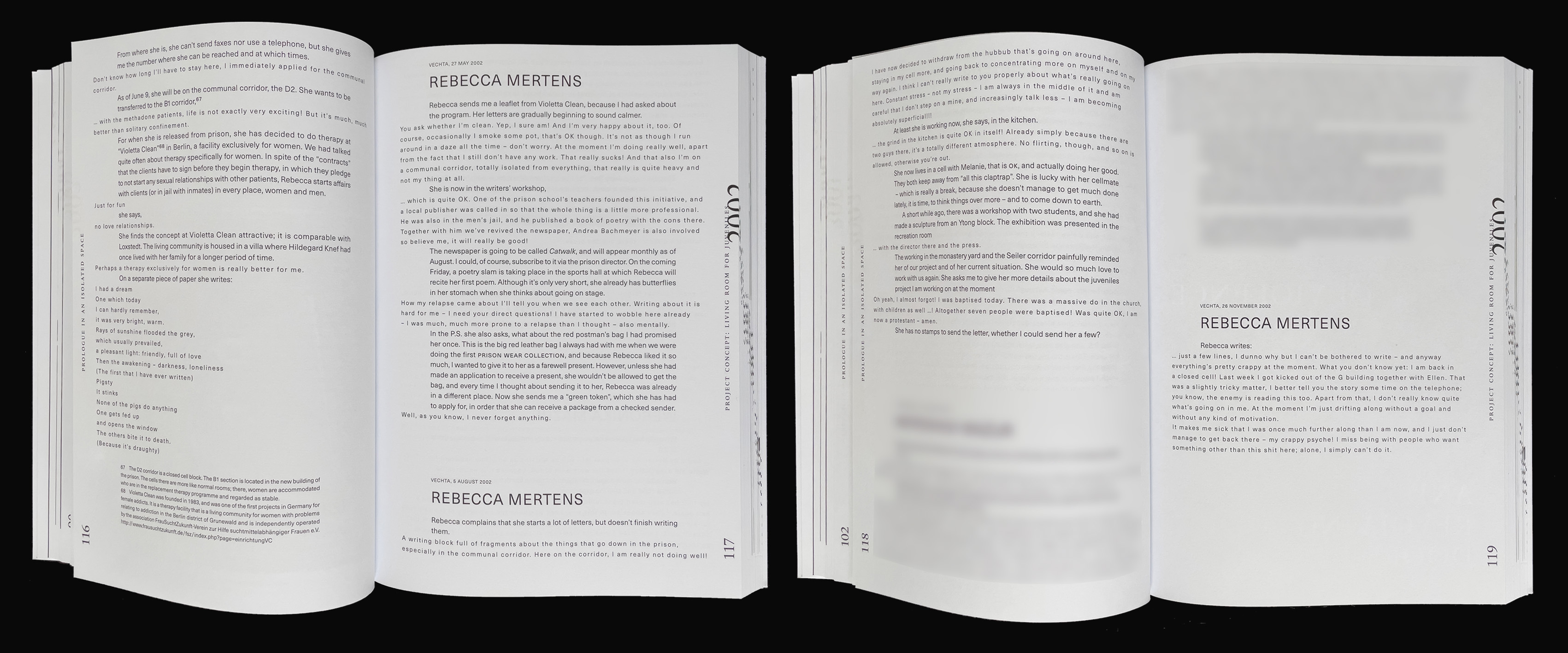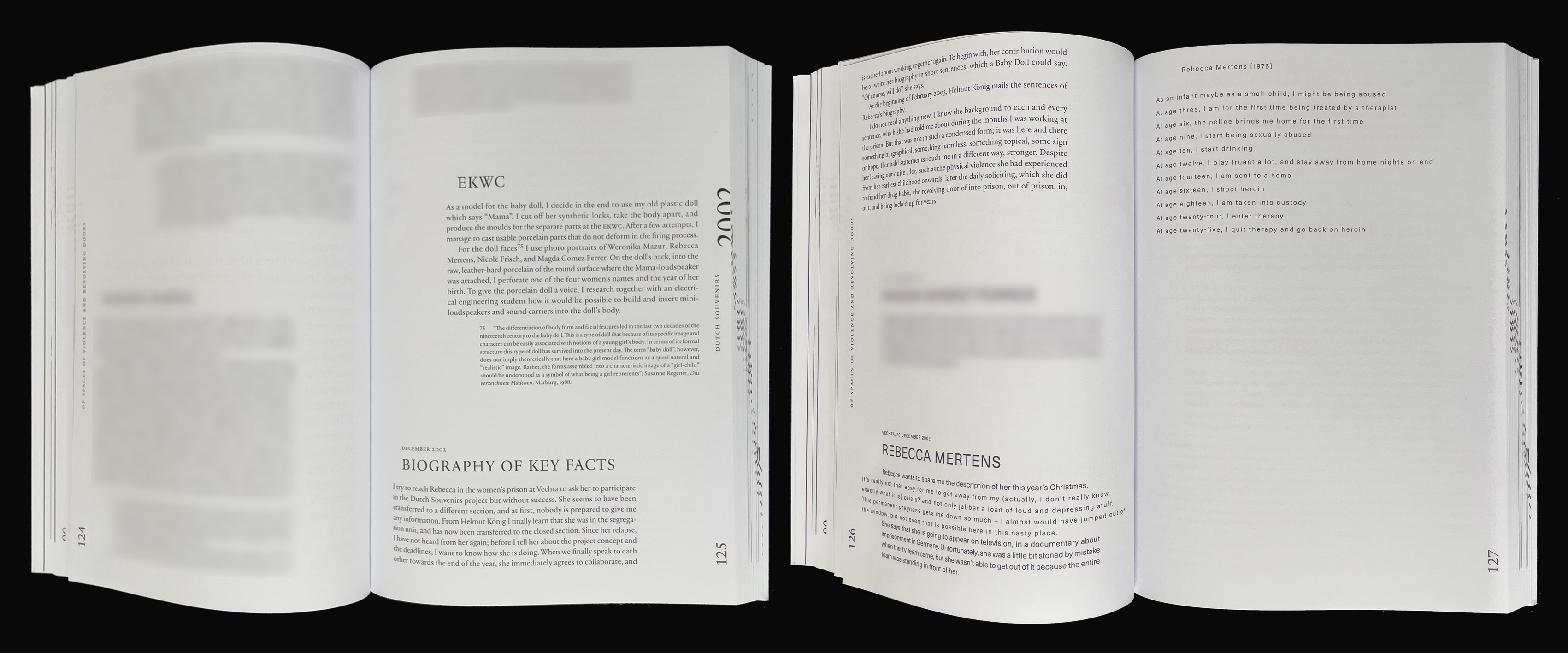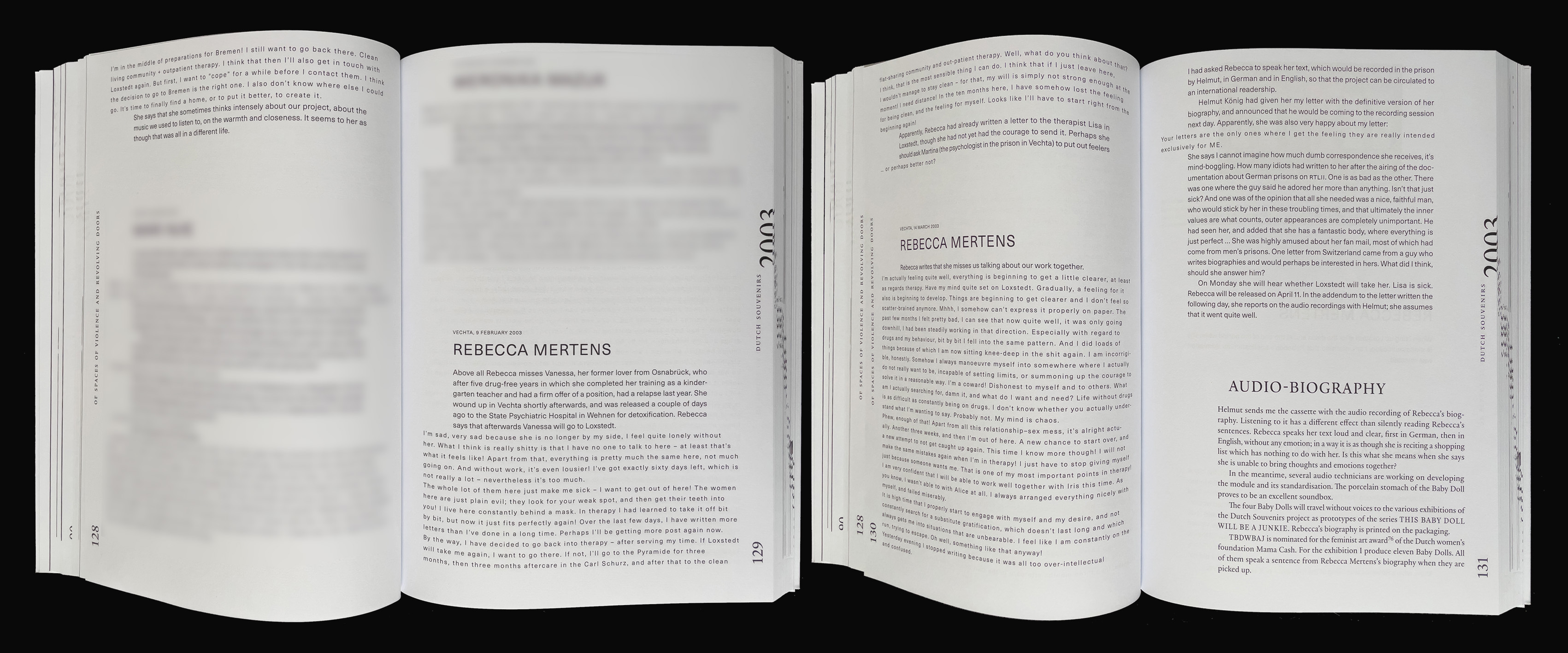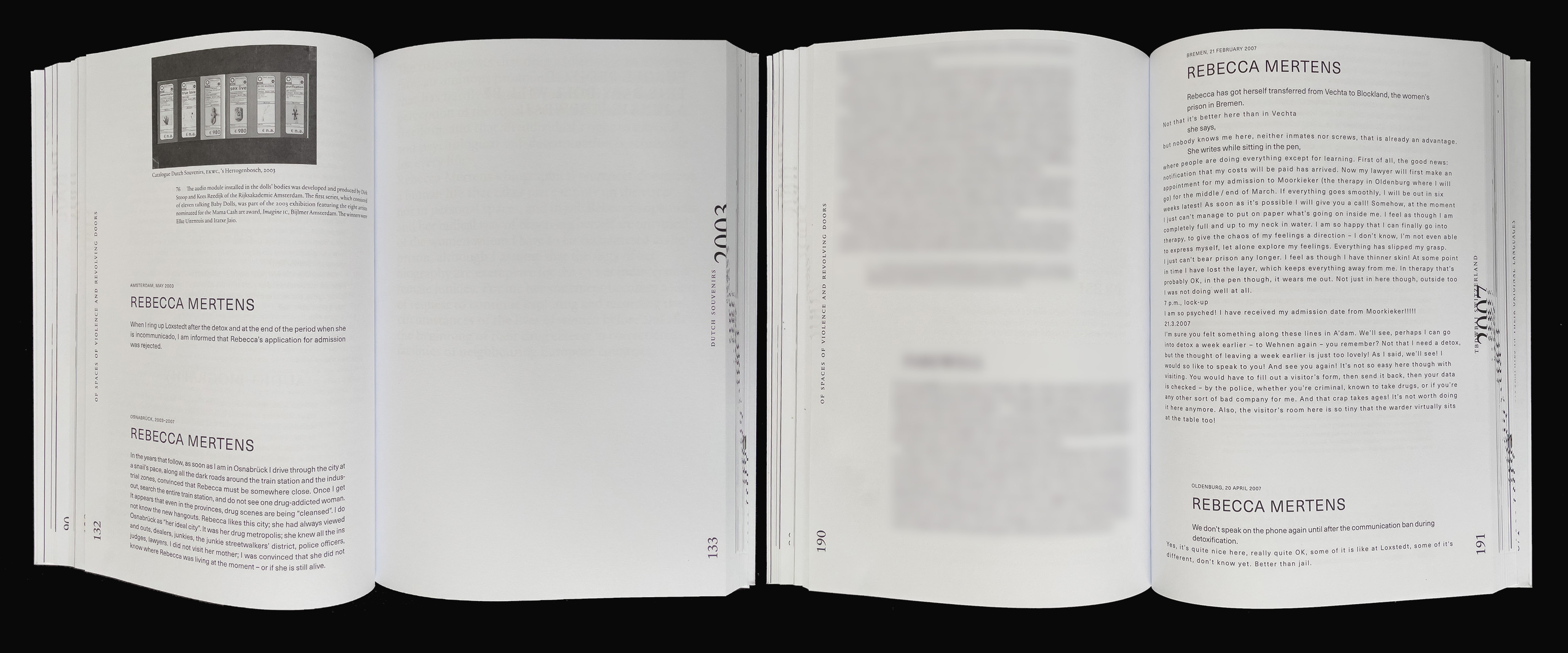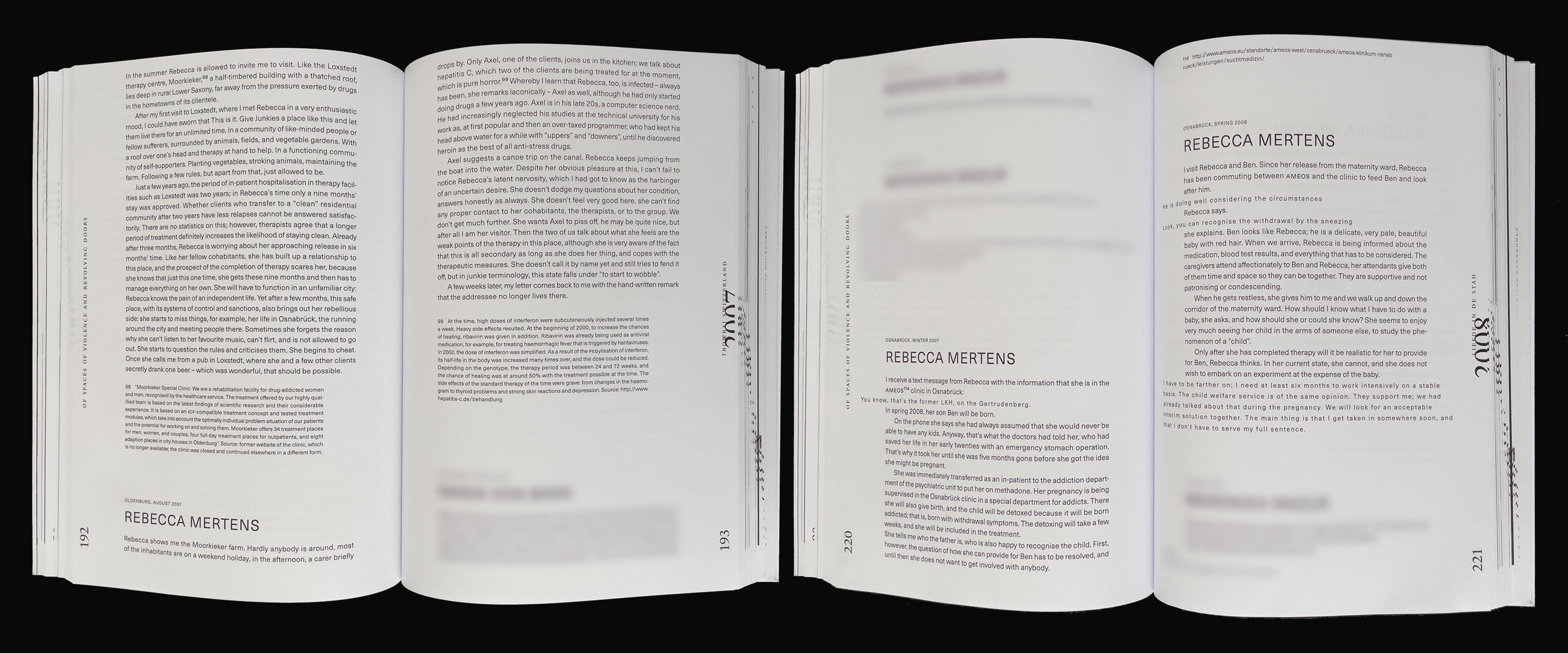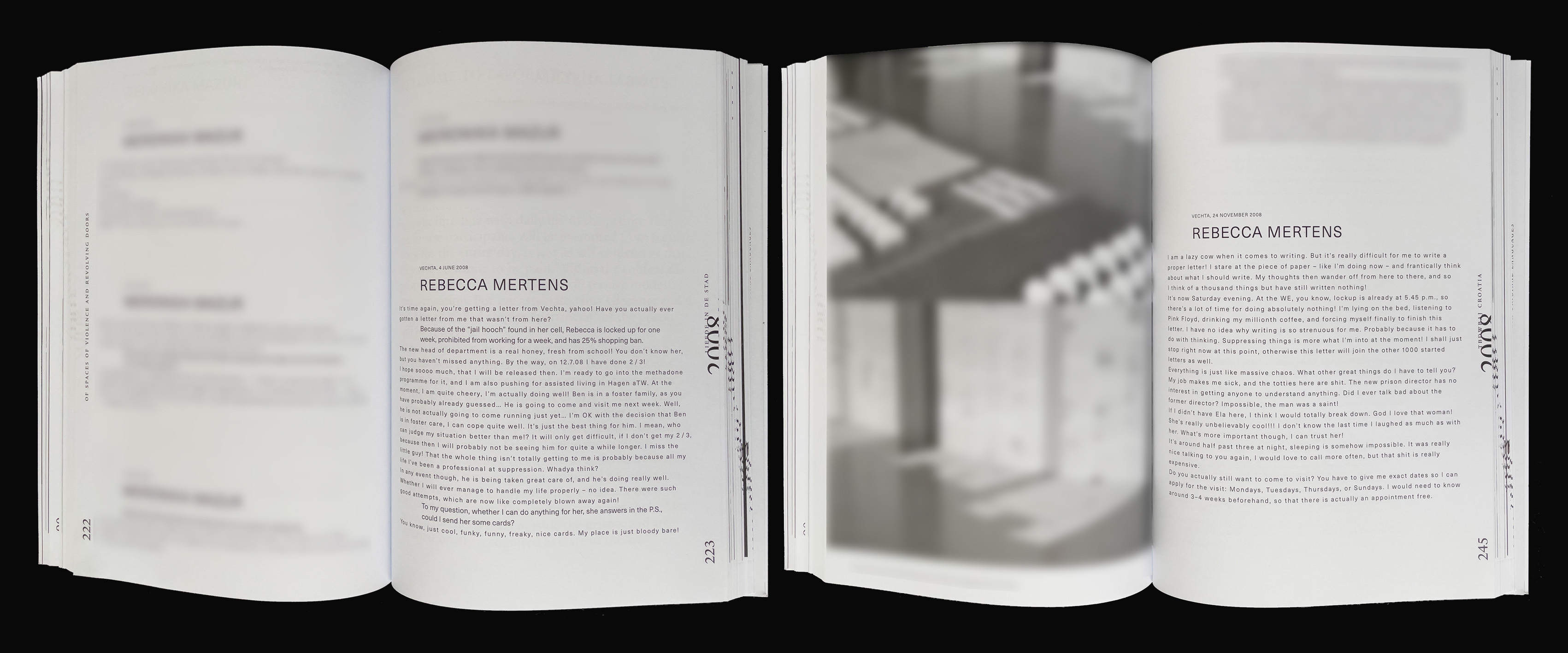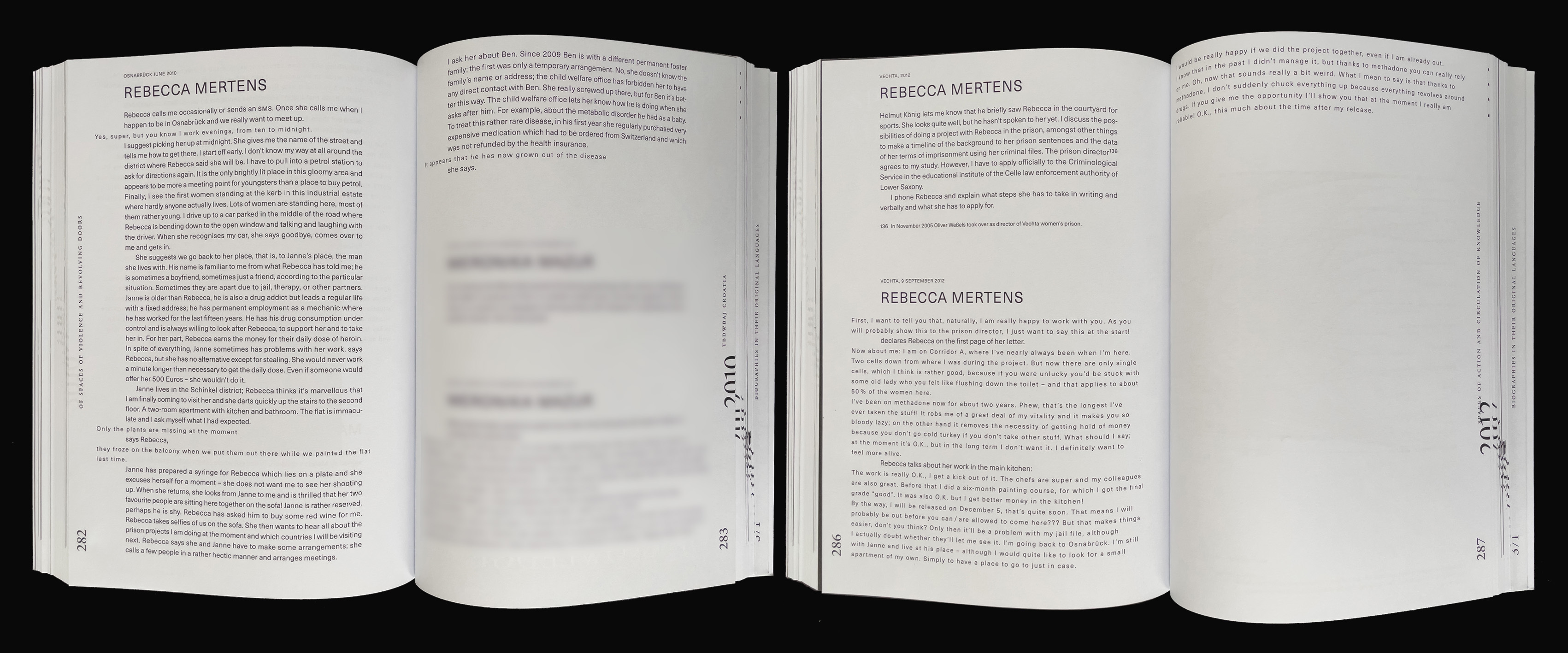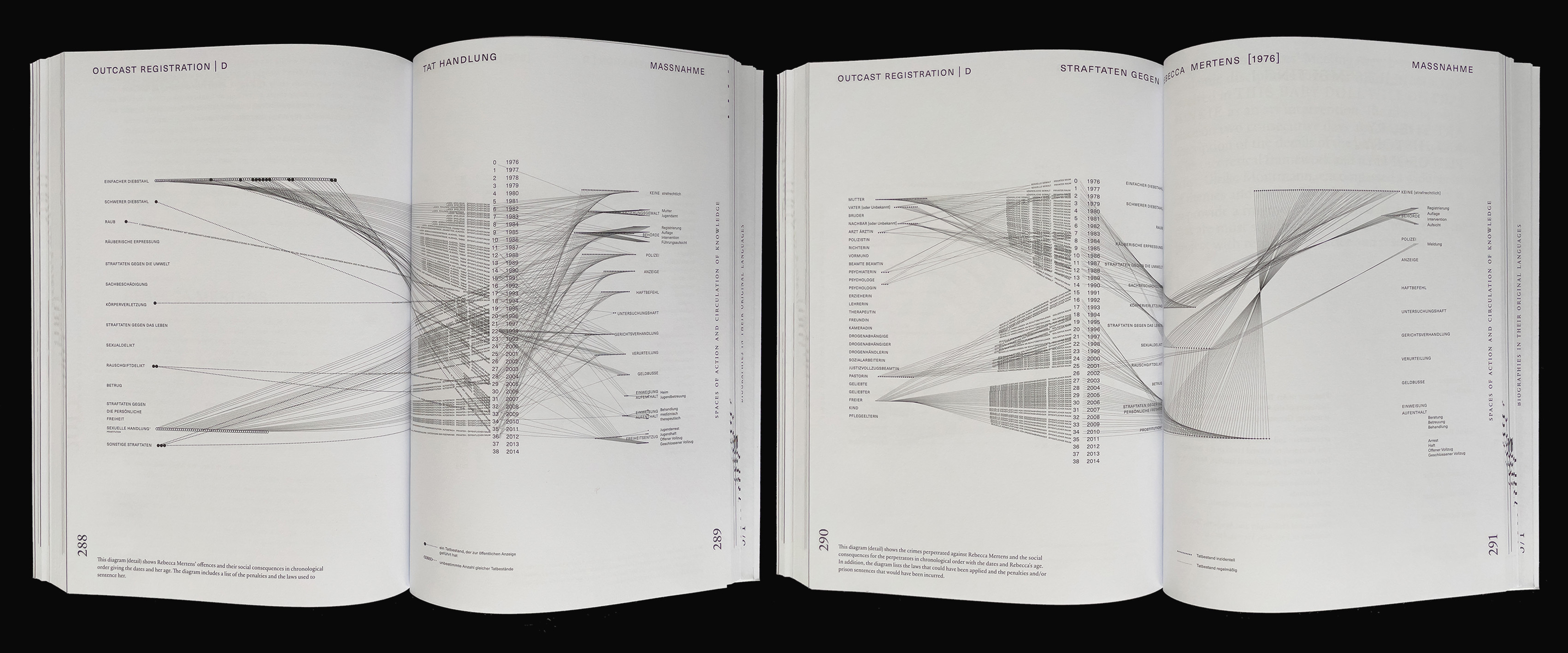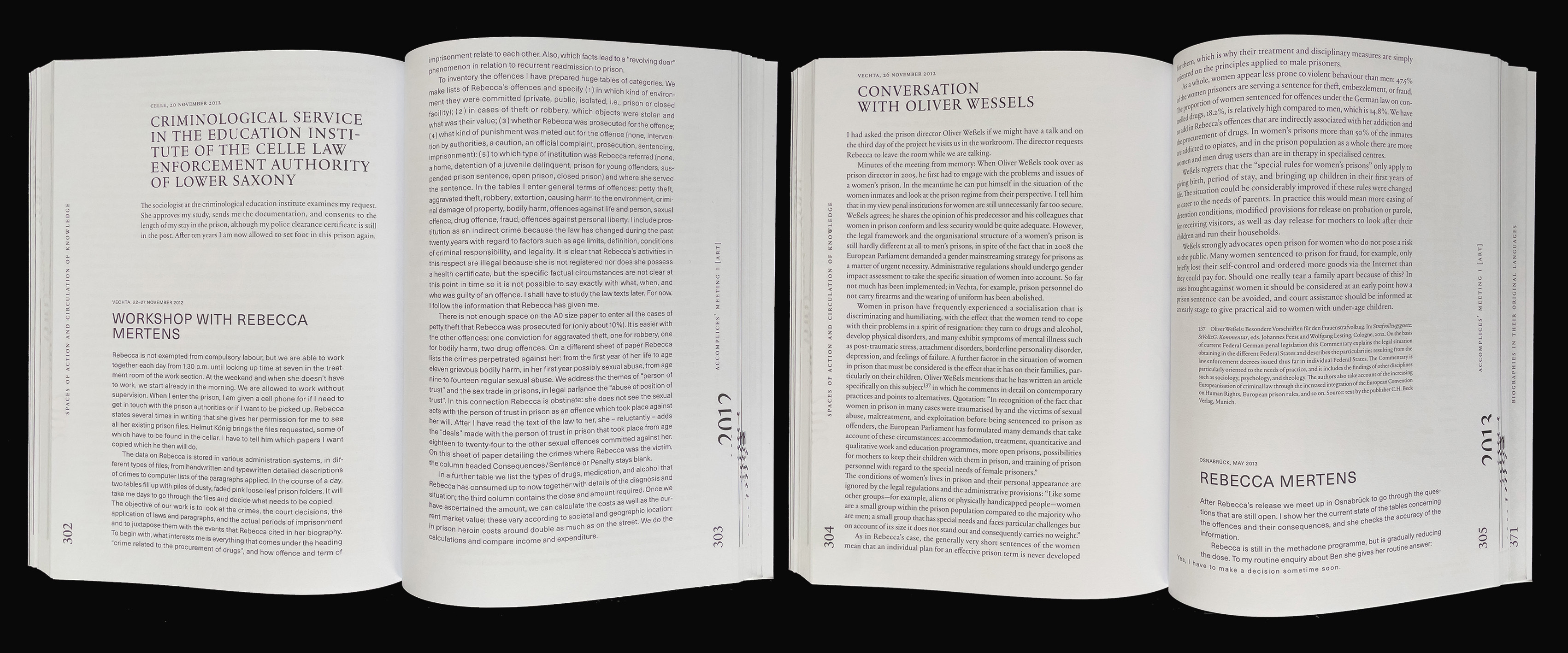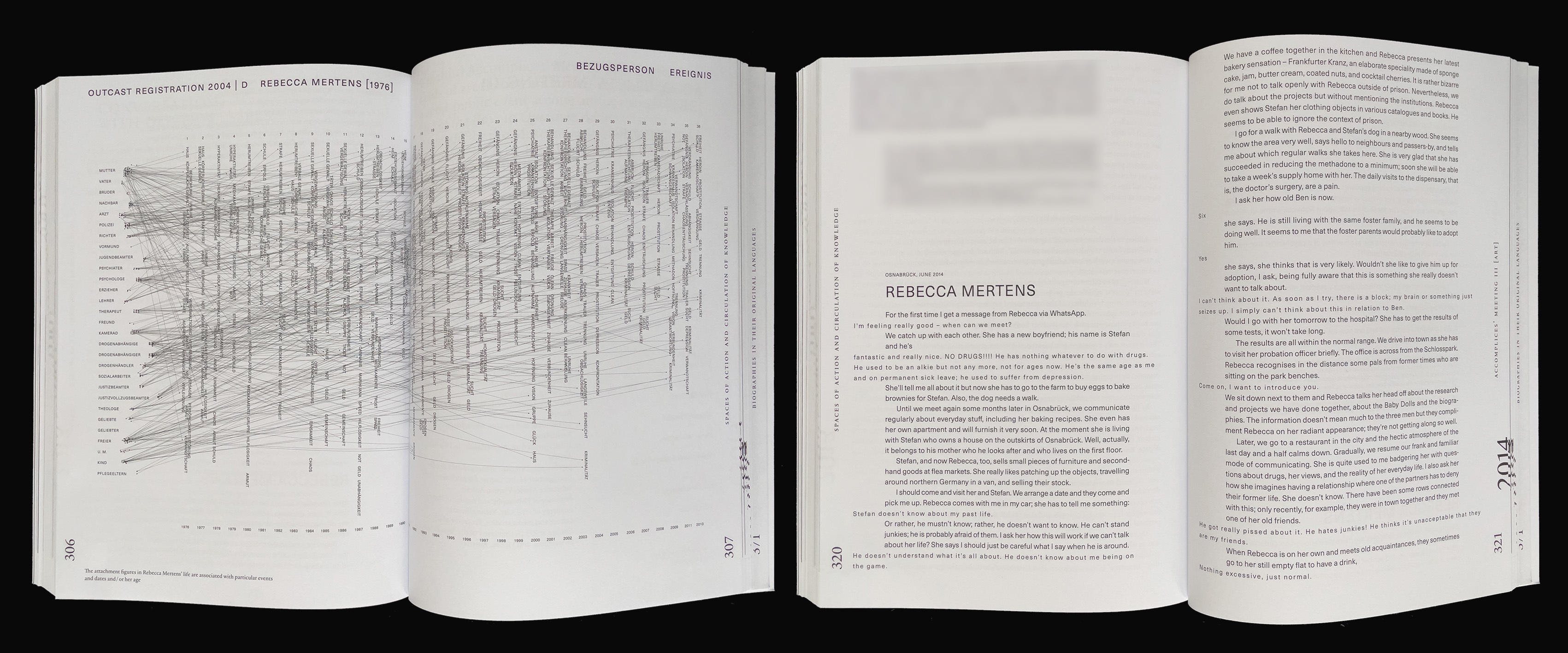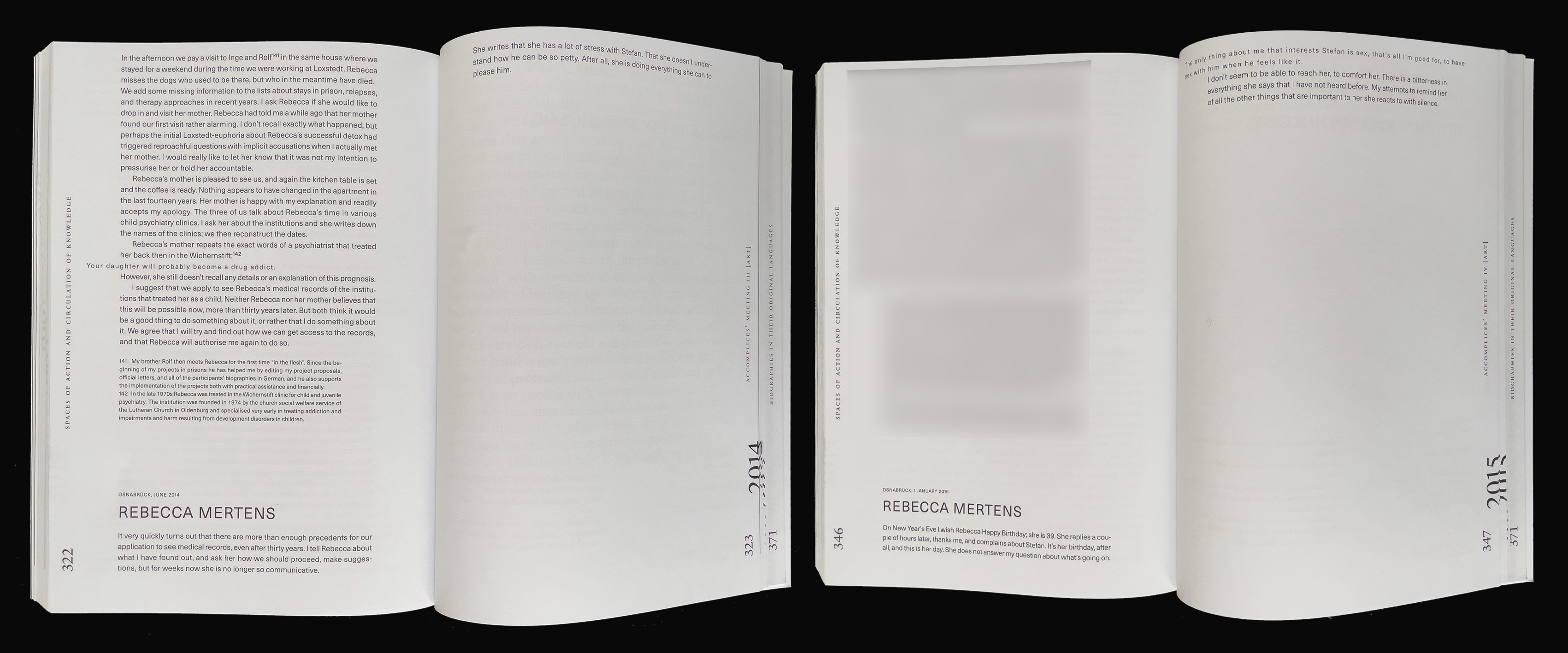initialism for the project title THIS BABY DOLL WILL BE A JUNKIE, which suggests that drug addiction is an unavoidable fate—an ominous prophecy for a human life that has barely begun. On the one hand, it contradicts common notions of freedom, independence, equal opportunity, and individual self-determination as guaranteed, indisputable rights of every individual. On the other, it also criticises a fatal consequence of this ideal, which often goes hand in hand with supposedly being justified in condemning the illness of addiction and the resulting violations of the law as a purely individual matter of personal failure. This failure to mourn those who have already been denied being regarded as a life worth living discredits connectedness and solidarity, that is, the willingness to engage in a shared world in equality and diversity.
to be aware of outsiders, that is, marginalised groups in a society, to register and research conditions they live under, and to demand public visibility for them, is the main concern of this arts and science research project. Such groups all suffer from similar systematic exclusion procedures that push them over and over again further to the margins of society. Unlike their male fellow sufferers, drug-addicted women in European prisons are considered a “negligible phenomenon”. The work of the OUTCAST REGISTRATION counters this by recognising the need of the participants to make their lives a public affair, which ultimately also means laying part of the responsibility for their illness at society’s door.
born in 1976, Rebecca took part in the Prison Wear Collection project that was held in the women’s correctional facility in Vechta, Lower Saxony, in 2000/2001 and during this time she becomes clean. After completing the project, she entered inpatient therapy for the first time, where she was confronted with the causes of her illness. In the second phase of the therapy under semi-open supervision, she had a relapse, lived on the streets from prostitution, and was imprisoned again a short time later. Rebecca Mertens’ life is characterised by the revolving door effect and is exemplary in this respect, while her radical openness and self-examination are extraordinary. The collaboration with her has been intense from the beginning and continues to this day, despite long breaks. Her biography is the strongest call to register and conduct further research into the living conditions of women in European prisons before and after the onset of their drug addiction disease.
a core element of the artistic and scientific research approach conducted for all projects, which distinguishes the collaboration with women convicted of drug abuse, with colleagues, scientists and institutions, as well as the dialogue with specialists from various fields such as philosophy, art (theory), psychiatry, sociology, political science, and law. The circulation of findings in the OUTCAST REGISTRATION network is expanded through the partly direct, partly mediated linking of different expertises.
